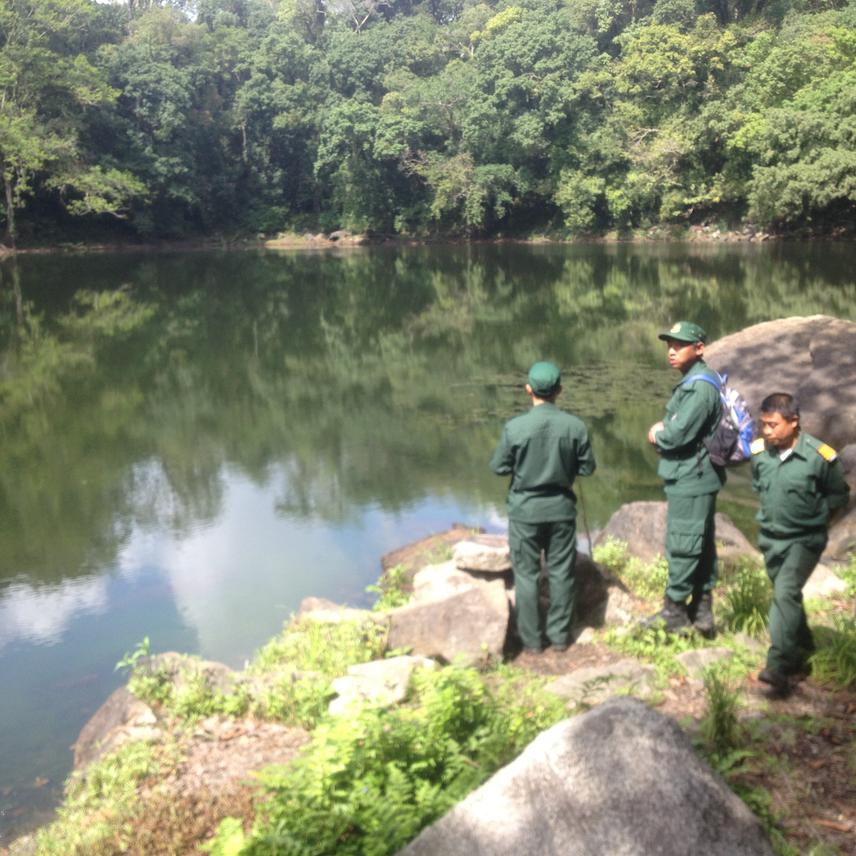Kezang Dema
Using secondary data, hotspots of human wildlife conflicts will be ranked and mapped. Top three hotspot sites for each group of species will then be assessed for ecotourism potentiality.

Every year farmers living in and around protected areas in Bhutan suffer huge financial losses due to crop depredation and livestock predation by wildlife, yet there is no sustainable solution in mitigating human-wildlife conflicts (HWC). Using secondary data, hotspots of HWC will be ranked and mapped. Study will focus on big cats, dhole, elephant, deer, boars and primates as they were identified as main animal groups responsible for the damage. Top three hotspots for each group will then be assessed for ecotourism potentiality. The most potential ecotourism sites for each species group will be recommended for promotion as potential ecotourism sites.